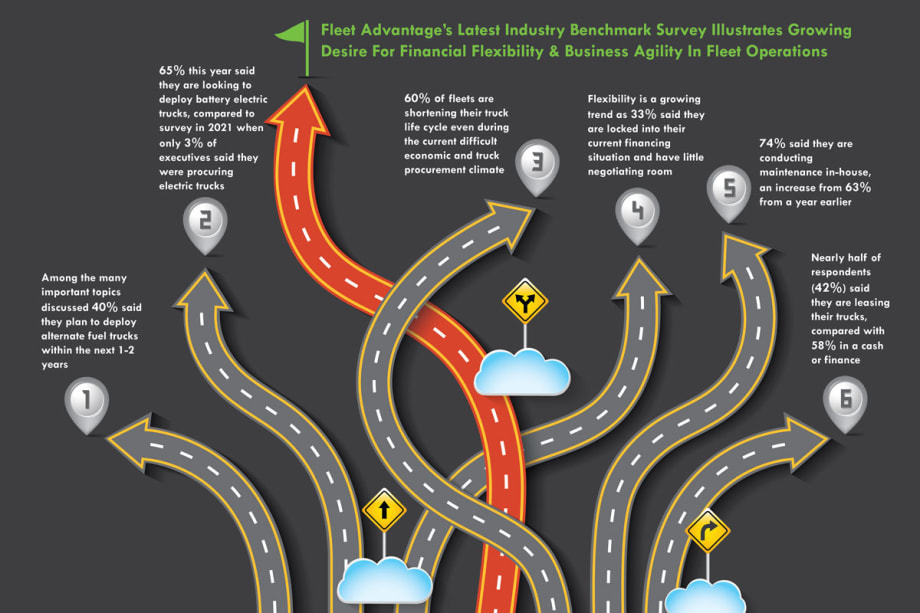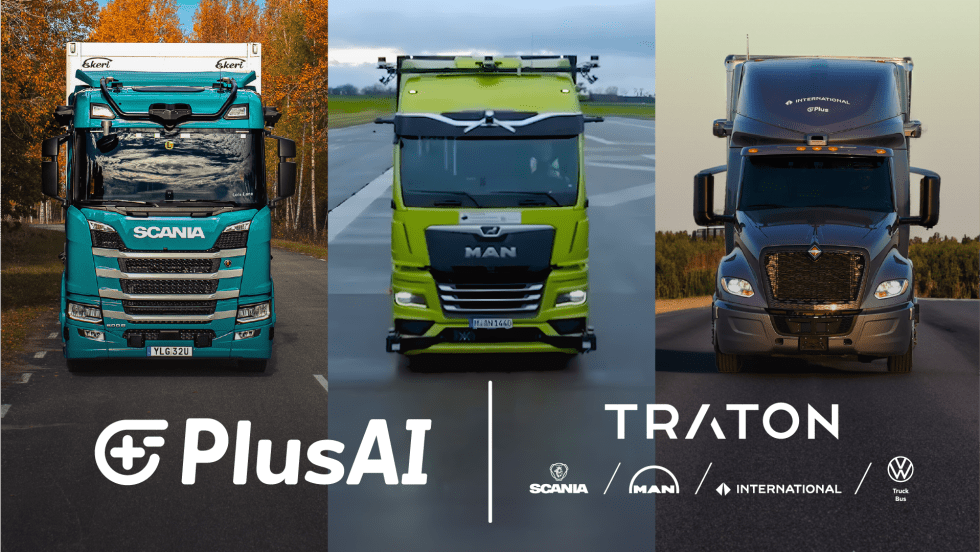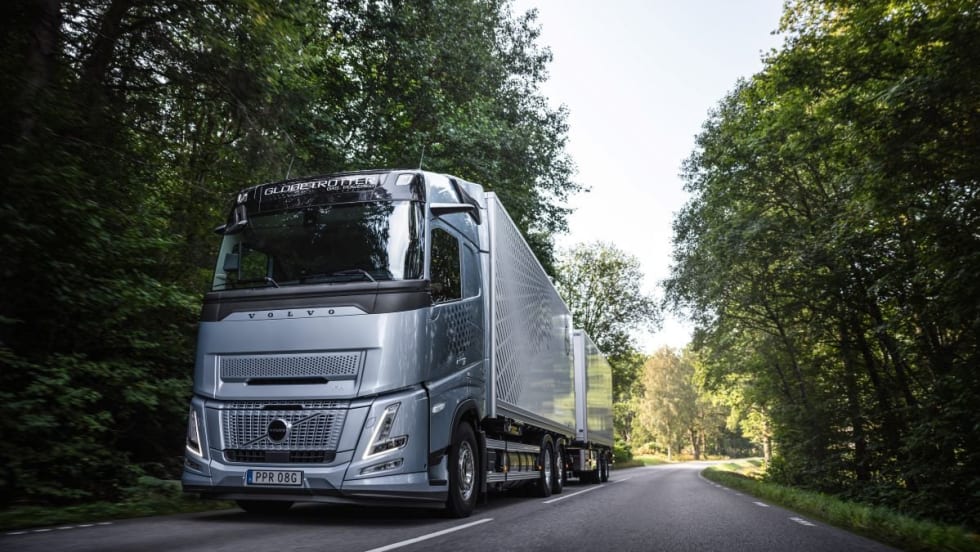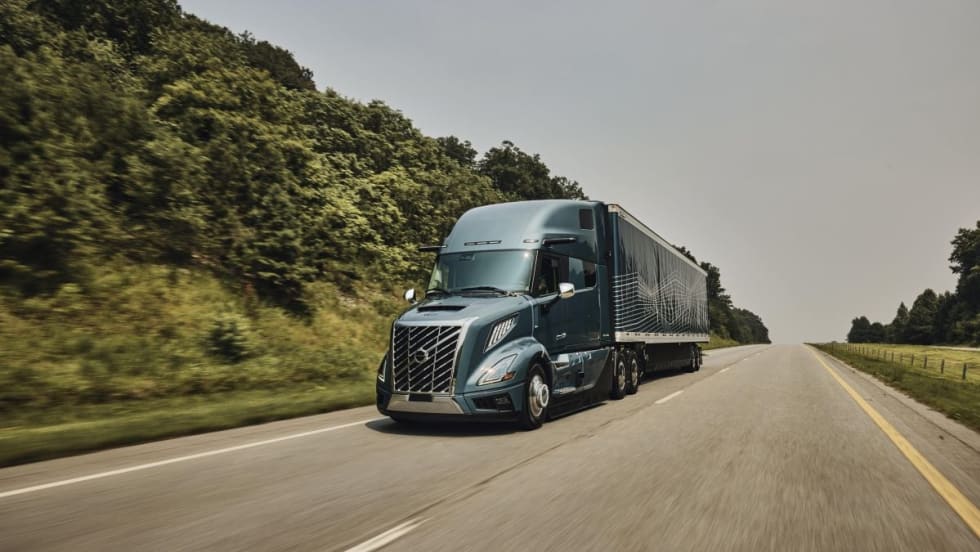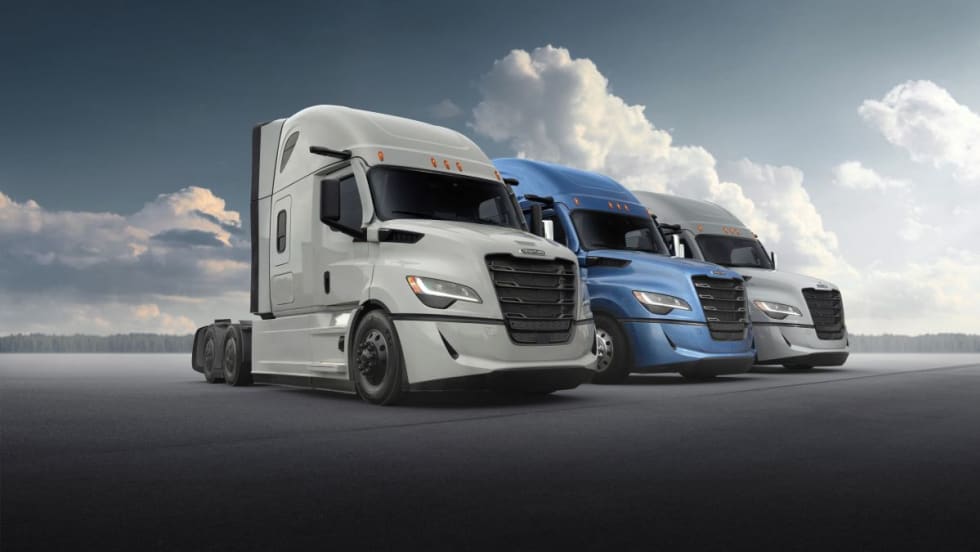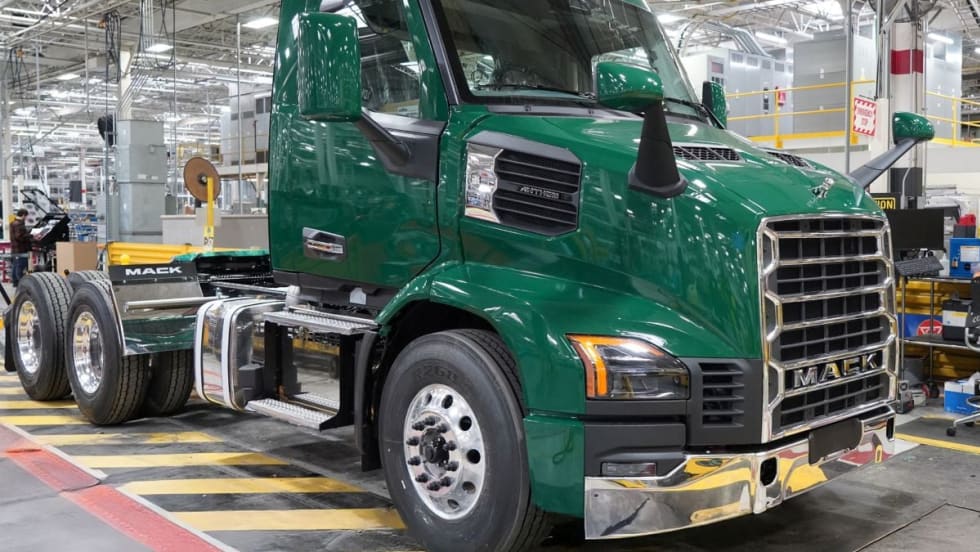Flexibility’s the word when it comes to how some 3,000 execs from mostly corporate trucking fleets are viewing equipment acquisition plans in light of ESG, truck electrification, truck lifecycles and more.
Flexibility’s the word when it comes to how about 3,000 execs from mostly corporate trucking fleets are viewing equipment acquisition plans in the next few years.
That’s according to the latest industry benchmarking survey from Fleet Advantage, a provider of Class 8 fleet data analytics, equipment financing, and life cycle cost management.
Battery-Electric Trucks
One of the biggest changes from last year’s survey was the interest in alternative-fuel and electric vehicles. According to Fleet Advantage, 40% of respondents said they plan to deploy alternative-fuel trucks within the next one to two years. Last year, plans for alt-fuel vehicles were further out, with 54% planning to deploy alternate-fuel trucks within five-10 years.
“What we’re seeing is a groundswell of interest and activity around alternative vehicles, specifically as it relates to battery-electric trucks,” said Hadley Benton, Fleet Advantage executive vice president of business development, in an interview.
Sixty-five percent of respondents this year said they are looking to deploy battery electric trucks, compared to the previous benchmark survey in 2021 when only 3% of executives said they were procuring electric trucks.
Fleet Advantage recently announced plans to place orders for 200 battery-electric Class 8 tractors for deliveries starting in 2023.
“I wouldn’t be surprised if we double the 200-truck commitment in the next six months,” Benton said.
Other alternative fuels and drivetrains were also being considered by survey respondents.
“It really depends on the application,” Benton said, as well as on location and financial incentives available. “We are seeing a lot of interest in hydrogen fuel cells; of course, clean diesel and natural gas are still a big interest. We have commitments from clients that already have hydrogen-electric trucks on order.”
Financial Flexibility
Nearly half of respondents — 42% — are now leasing their trucks, compared with 58% in a cash or finance situation. This is a significant jump in leasing compared with last year’s survey, when 31% said they were in a lease structure, and from the 14% two years ago.
“Flexibility is a growing trend, as 33% said they are locked into their current financing situation and have little negotiating room,” said the Fleet Advantage announcement. “This underscores the importance of data analytics such as a lease vs. purchase or unbundled vs. full-service lease comparisons in the planning and procurement of truck acquisition, where unbundled lease structures offer companies the highest level of flexibility, especially when market conditions, fuel and interest rates experience volatility.”
In-House Maintenance
Maintenance and repair trends continue to be top-of-mind for fleet executives in this year’s survey. 74% of respondents said they are conducting maintenance in-house, an increase from 63% from a year earlier.
That may seem at odds with the trend toward more leasing, but Benton explained that there are several things driving that trend.
“Part of that is due to unbundling full service leases,” he said. “But it’s also about having more control, having more flexibility within your own operations, and getting better data that supports making better lifecycle decisions.”
Greater Focus on ESG Results in Shorter Truck Life Cycles
The majority of respondents (59%) indicated they are operating their trucks five years or less before replacement, which coincides with today’s greater corporate focus on ESG, according to Fleet Advantage. This number is up from 45% in the previous benchmarking survey.
“This trend is a testament to today’s corporate focus on protecting the environment, with roughly 60% of fleets shortening their truck life cycle even during the current difficult economic and truck procurement climate,” noted the company announcement.
Benton explained that “the industry has figured out that newer trucks are less expensive to operate.”
Fleet Advantage stresses the importance of planning and works with clients to make sure they have one-, two-, and three-year plans in place.
“It is also important not to get locked into a financial structure that doesn’t match the usage of the asset so you don’t have the flexibility to get out when the market changes or it’s time to pivot,” Benton said. “We’re looking at a holistic asset management approach,” which evaluates factors such as corporate structure, balance sheet, interest rates, residual values, tax benefits, depreciation, etc., in making decisions.
Looking Ahead to EPA 2027 Emissions
Asset acquisition planning is made more complicated, and flexibility more important than ever, in light of new stringent pollution standards from the Environmental Protection Agency that kick in with the 2027 model year.
“Everyone’s sort of looking down the road at what it’s going to mean from an acquisition standpoint,” Benton said. “The impact of those new regulations is going to significantly increase the cost of new assets. I’ve seen estimates of $25,000 per truck.”
It also affects the used truck market. Although used-truck prices have been softening, “we expect that to change,” he said.
Flexibility is the Watchword
“The current economic climate continues to present many challenges for fleets all over the country, which is why flexibility is a necessary business and financial strategy to meet corporate and ESG goals in the years ahead,” said Benton.
“It’s one thing to say we’re going to have a shorter lifecycle or whatever your corporate policy is for how long you plan to keep a truck in service. Being able to manage to that policy is a different thing,” Benton explained. “That’s why flexibility in your financial structure is really important, because if you’re locked into something long term, it doesn’t matter what your policy is, you’re stuck.”




